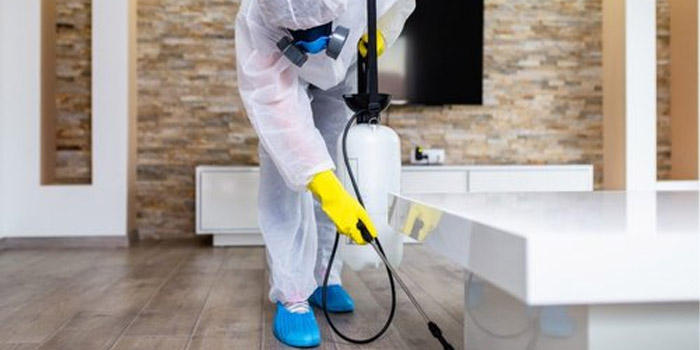
When it comes to water damage, many different types of losses can result. The destructive processes that water causes can include rotting of wood, mold and bacteria growth, rusting of steel and composite lumber, delamination of materials, and more. If you’ve recently suffered from a flood or experienced a leak, you’re probably familiar with these issues, but what exactly does water damage entail? Here are a few of the most common losses that can arise from this type of disaster.
Water removal can be tricky and time-consuming. While you can use your equipment to remove water from your basement, you’ll likely need the assistance of a professional water removal company. Here are a few things to keep in mind when determining which service is exemplary for you. First of all, what type of water is it? According to the Institute of Inspection Cleaning and Restoration Certification (IICRC), there are three categories of water: Category 1, Category 2, and Category 3. While all of these waters contain microbes, they are generally not harmful.
Two major types of water need to be removed: Category 1 and category 2. Both of these types can cause serious health risks, and you should seek help immediately. Using dehumidifiers or a wet-dry vacuum is a great way to remove excess moisture. If you can’t do this on your own, you can call a professional water removal company to handle the work for you. Depending on the type of water, several methods of water removal are available.
Once you’ve removed the water from the basement, it’s essential to dry the space thoroughly. This will make it much easier for you to sanitize the affected areas. Another option for water removal is to open windows and air out any moisture in the air. You may also want to hire a professional if you can’t do these tasks independently. You can also hire a cleaning service to remove the excess moisture so that you can get back to normal as soon as possible.
Water removal can be tricky if you’re not equipped to do it yourself. However, if you act quickly, you may even be able to avoid an extended stay away from home. By sanitizing the area, you can get your life back to normal. And if the water is contained in the basement, you may be able to remove it with a wet-dry vacuum. Otherwise, you’ll need to contact a local plumber or hire a professional cleaning service.
After you’ve eliminated any water that has been deposited in the basement, you can clean it. By using a wet-dry vacuum, you can remove excess moisture soaked into the carpet. If the water contains a smell, you can use a dehumidifier to remove it. By doing this, you can help prevent any further bacterial infections. You can also use a dehumidifier to clean the water.
If you’ve recently suffered a flood, you’re probably already familiar with the inconvenience that water removal in a basement can cause. The water can be very messy and threaten structural stability and your belongings. A water-dry vacuum can help remove the excess moisture in your home. If you can’t do that, consider hiring a professional to do it for you. The more efficiently you can do this, the better. There’s no reason to stay without water in the basement because it could lead to a flooded, moldy home.
Despite the potential for a flooded basement, water removal can severely impact your life. Fortunately, if you’ve acted quickly enough, you may be able to avoid a prolonged stay away from home. Once you’ve removed the water, you can clean and sanitize the affected areas. If the water is a problem in the basement, you should contact a professional immediately to avoid any further issues.
After water removal, you need to dry and sanitize the area. Again, proper ventilation is essential in this case. By reducing the indoor relative humidity, you can allow excess moisture to evaporate. Moreover, sanitizing your home is a crucial step in water removal. By following these tips, you’ll be well on your way to a dry basement. Once you’ve done this, you can now move on to sanitize your home after a water disaster.
